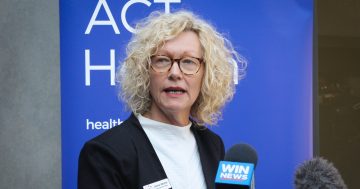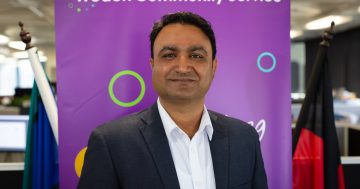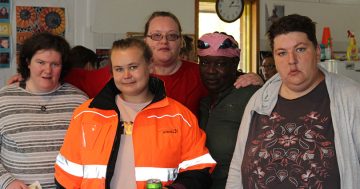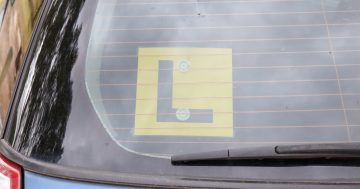
This Monaro Highway crash site was one of too many last year. Photo: Michelle Kroll.
The Territory is at a crossroads following a horror year on its roads with a fatalities total not seen since 2010.
In the debate on punishment versus prevention, Woden Community Service (WCS) CEO Jenny Kitchin is decidedly on one side.
“There is no doubt we have young people driving unregistered cars or driving without licences, and that poses a huge risk not just to them, but to the wider community,” she says.
“If there is a serious accident, that comes at a high price. There’s the cost to ACT Health for hospitalisations, the potential costs associated with incarceration in the juvenile justice or adult correction systems and the emotional costs to the community when tragedy strikes.
“We should be looking to invest at the front end of that problem because it would undoubtedly be less costly.”
Ms Kitchin says while it’s a wicked problem, driver education and training equity is a big piece of the puzzle.
It’s why, after being knocked back last year, WCS will again this year apply for government funding to expand on their current driver education offering.
Currently, WCS delivers the Pre Learner Licence Course to about 50 students four times a year.
But according to WCS Child Youth and Family Services manager Hayden Page, this is where a gap comes in.
“Many of the young people who come to us for the Pre Learner Licence Course are doing it because they have to help support their families, transport siblings to school or are trying to become independent after leaving school and looking for employment,” Mr Page says.
“The reality is, you need to drive to do certain jobs, especially a lot of the entry level jobs many young people apply for … But it’s cost prohibitive for them to get their licences.”
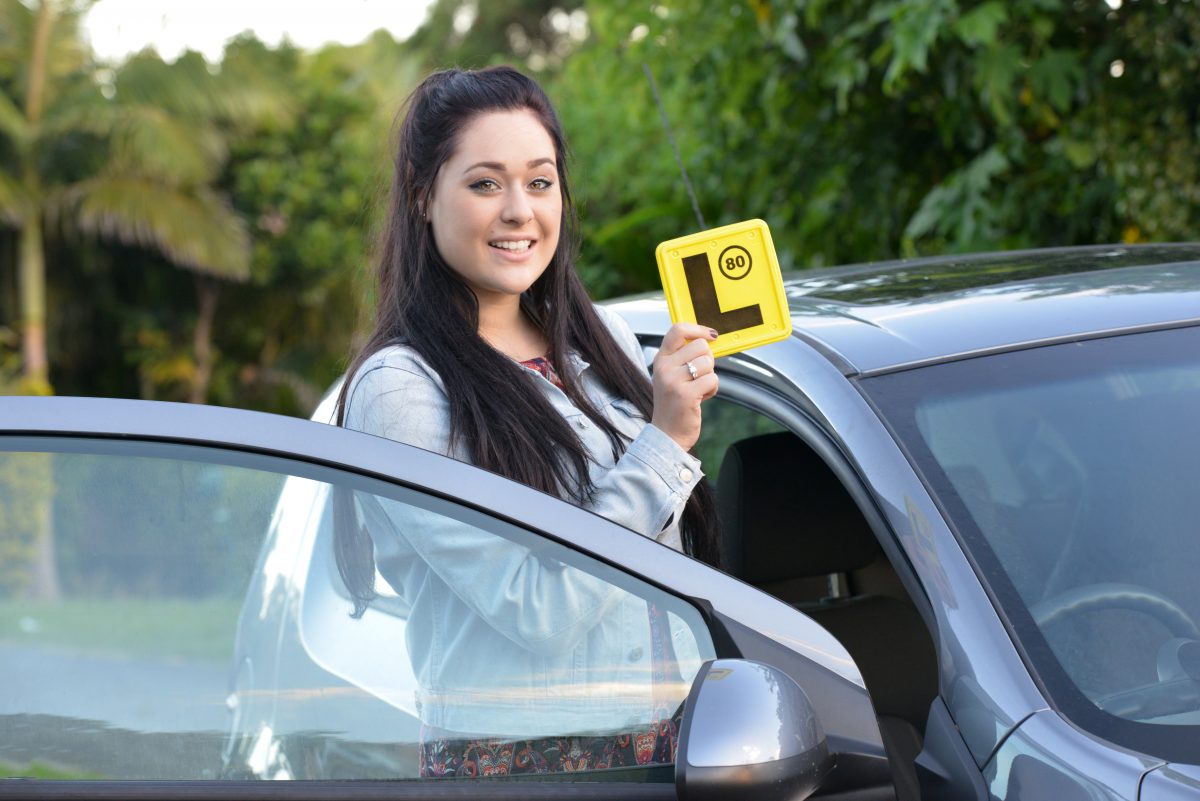
Getting a licence can be cost prohibitive for disadvantaged young people. Photo: Lighthousebay/iStock.
For a young person 18 or older living out of home with no dependents and no employment, the starting Centrelink Youth Allowance figure is $562.80 per fortnight.
The average hourly cost of a driving lesson in the ACT is $90, with young people requiring 23 competencies to be signed off and 100 hours to be completed before progressing to unaided provisional driving status.
“The cost of maintaining a car and owning a car is expensive for anyone, let alone families with multiple children, single parents or families receiving government income,” Mr Page says.
“A lot of the young people we support don’t have access to a safe, reliable, registered, insured car in which they can complete their 100 hours of driver training. Or they don’t have anyone in their families to help them complete those hours.
“Currently we help with the preliminary test, but we want to be able to support them in getting the adequate training and qualifications they need to become legitimate and safe road users.”
WCS wants enough funding to deliver programs that allow disadvantaged young people to complete the learner driver course, training to meet the driving lesson competencies and hours of experience required.
This would include training for staff to deliver safe driving education, labour to do the pre-test hours, lessons with professional driving instructors and access to a safe car in which to learn and complete the requisite 100 hours.
A large percentage of the young people WCS supports have disengaged from formal education streams where driving courses are offered, and therefore rely on community organisation support to complete the course, according to Mr Page.
He says it’s one of the “major advantages” to funding community services organisations to deliver these kinds of services.
“We already have the rapport and relationship built with the young people who come to us through other programs and individual support we offer day to day,” he says.
“We’ve already established trust with them, which helps greatly in reducing barriers to achieving milestones like this.”
Ms Kitchin says even from a purely fiscal perspective, the logic checks out.
“We [WCS] estimate we need about $1100 per young person that currently comes through our driving programs – that’s an amazing return on investment,” she says.
“Right now, we’re depriving a whole demographic in our young community of access to a fundamental right – to drive, to get to work or social events and to gain their independence.”












